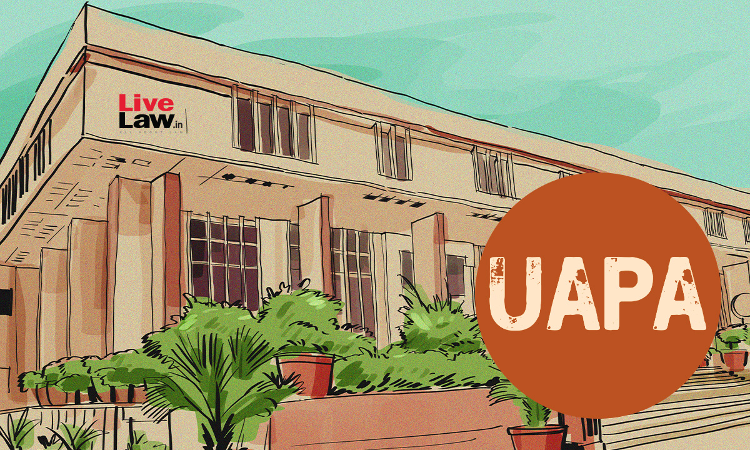The Delhi High Court on Friday held that the report of Public Prosecutor is not required to be provided to the accused at the stage of grant of extension of remand for continued investigation under section 43D(2) of UAPA. A division bench of Justice Mukta Gupta and Justice Anish Dayal however said that when the accused is produced to inform him about the extension of period of investigation...

